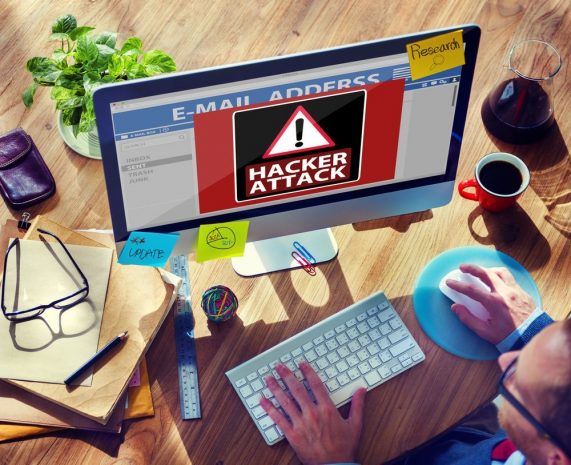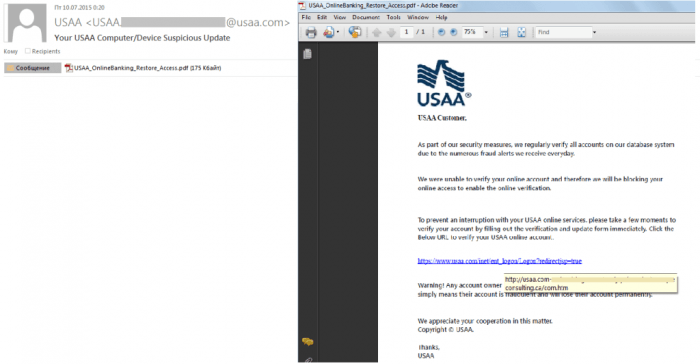
A few recommendations on the cybersecurity of the workplace
For the first 2016 Kaspersky Business blog post, we’ve chosen Commandments of Office Security, a handful of common problems with cybersecurity in the workplace, and the ways to solve – or at least mitigate – them.
 backtowork
backtowork
 ddos
ddos
 0day
0day
 BadWinmail
BadWinmail


 cyberfraud
cyberfraud
 APTs
APTs




 theSAS2016
theSAS2016


